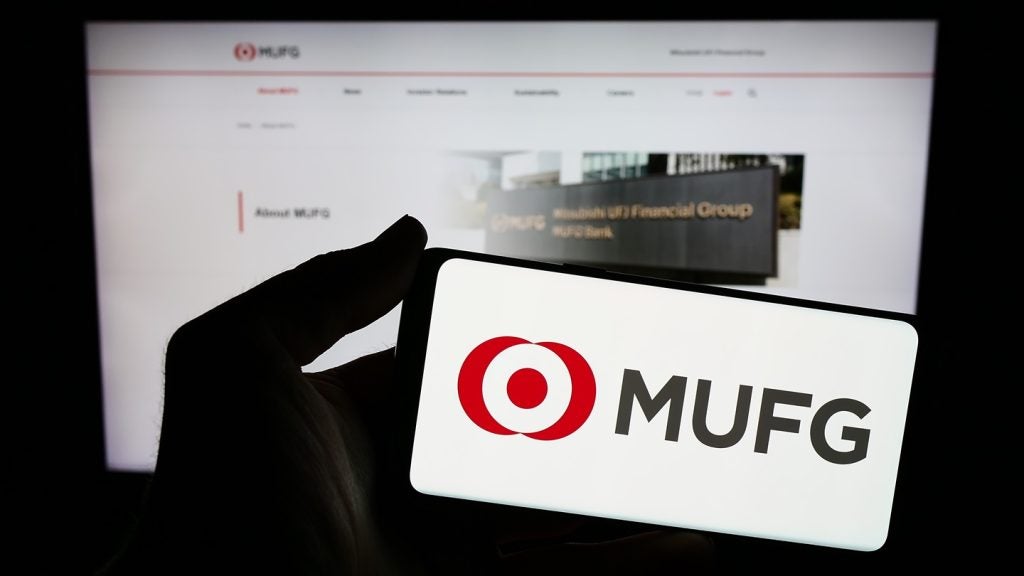Family offices are now capturing around 2 to 3 percent of
traditional private wealth institutions’ market share. That’s a
blow to private banks that also want the business of the
ultra-wealthy client, but at least they can pick up useful
outsourcing business.
Ultra-high net worth individuals are increasingly opting for
independent family offices and the more comprehensive wealth
solutions that they provide, according to US consultancy
Cerulli.
Its research shows that the largest family office in the US is
Bessemer Trust, which had $48.3 billion in assets under advisement
(AuA) as of 2006, representing growth of 12.9 percent since
2005.
Many offices have experienced a much faster rate of growth,
however. Rockefeller & Co, which was originally a single-family
office (SFO) and is associated with the wealthy US banking dynasty,
has now converted into a multi-family office (MFO). This is in
keeping with market trends that have seen family offices gradually
offer more services at a better scale to a wider range of clients.
Rockefeller has grown at a rate of 60.1 percent since 2005,
accumulating $29.3 billion in AuA in 2006.
Cerulli asserts that private banks, asset managers and other
institutions are set to benefit from a growing tendency for family
offices to outsource services to such groups, despite the
difficulties that remain in establishing contact with what remains,
even by the private wealth industry’s standards, a highly secretive
sector.
Data from consulting and research company the Family Wealth
Alliance (FWA) show that 46.3 percent of MFOs in the US offered
outsourcing equities management in 2006, the latest year for which
data is available, compared with 39.1 percent in 2005.
How well do you really know your competitors?
Access the most comprehensive Company Profiles on the market, powered by GlobalData. Save hours of research. Gain competitive edge.

Thank you!
Your download email will arrive shortly
Not ready to buy yet? Download a free sample
We are confident about the unique quality of our Company Profiles. However, we want you to make the most beneficial decision for your business, so we offer a free sample that you can download by submitting the below form
By GlobalData“Multi-family offices are accelerating their asset growth by
working smarter via technology and outsourcing, and by increasing
their staffs,” said Thomas R Livergood, chief executive of the
FWA.
In its report, Cerulli observes that the typical client at an MFO
has some $20 million and arrives from SFOs and other wealth
institutions. It estimates that there are between 3,500 and 4,000
family offices serving ultra-HNW families in the US, though it
acknowledges that the definition of what constitutes a family
office is somewhat slippery. The Scorpio wealth consultancy has
estimated that new family offices were being set up in Europe at a
rate of 20 a month.
In an effort to clarify terminology usage, the FWA has ten criteria
that firms should offer, in order of importance, in order to
qualify as a family office: comprehensive financial planning;
portfolio management; back office/consolidated reporting; estate
and wealth transfer; tax planning, preparation and compliance; risk
management; trustee services, lifestyle management; family
consulting, governance, meetings and education; and strategic
philanthropy and administration.
The FWA adds that the majority of these services should be provided
in-house, but Cerulli notes that the trend towards outsourcing is
expected to continue as family offices expand and merge with one
another.
Almost half of all family offices outsource their private banking
requirements, according to the report, and privacy itself is of
fundamental concern to family offices rolling out services to third
parties. This is reflected in the wealth industry’s own findings,
with 47.1 percent of senior executives surveyed at the 2007 Cerulli
Strategy Forum saying that unclear contact or an unknown point of
influence was an obstacle to distribution to a family office.
Making contact via referrals or through seminars and other industry
events is one way of establishing channels of communication, says
the consultancy. With the structure of family offices varying
significantly from firm to firm, asset managers and others may face
“a lot of prospecting” before reaching a suitable point of contact,
but a CIO is adjudged by Cerulli to be “one of the best people to
contact” within a family office.
Nonetheless, as has been seen in the private banking sector over
the past decade, there are now signs of a gradual thawing of
attitudes within family offices, a position often arrived at out of
necessity.
“In recent years, family offices have recognised the need to be a
little more public and have looked to scale back the secrecy. Many
have done so to build scale, as complicated techniques for
multigenerational wealth planning can be expensive,” says the
report.

Some of the more visible family offices are, unsurprisingly, those
that are institutionally owned, such as GenSpring Family Offices,
owned by SunTrust Banks. GenSpring itself acquired Inlign Wealth
Management in January 2008, meaning that the family office now
serves over 600 families and has almost $15 billion in assets under
advisement. Cerulli puts GenSpring’s growth in AuA between 2005 and
2006 at 25 percent.
But the majority of MFOs remain privately owned and independently
managed. Institutions that do own family offices are often best
served by employing a hands-off approach, in view of clients’
expectations of complete objectivity, Cerulli says. Senior
executives believe that a reliance on proprietary products is the
biggest obstacle to gaining access to family offices, with 52.9
percent citing it as such.
Yet this does not rule out the use of non-proprietary products,
with family offices often favouring open architecture policies and
using both proprietary and non-proprietary solutions.
“Many offices are looking for products that can balance out
portfolios and mitigate risk,” the study concluded.







